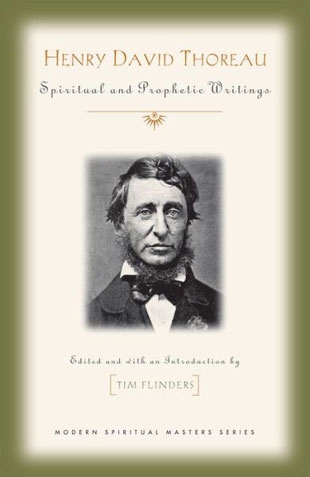September 7, 1851
"We are receiving our portion of the infinite. The art of life! Was there ever anything memorable written upon it? By what disciplines to secure the most life, with what care to watch our thoughts. To observe what transpires, not in the street, but in the mind and heart of me! I do not remember any page which will tell me how to spend this afternoon. I do not so much wish to know how to economize time as how to spend it, by what means to grow rich, that the day may not have been in vain.
"[Natural] scenery, when it is truly seen, reacts on the life of the seer. How to live. How to get the most life. . . . How to extract its honey from the flower of the world. That is my everyday business. I am as busy as a bee about it. I ramble over all fields on that errand, and am never so happy as when I feel myself heavy with honey and wax. I am like a bee searching the livelong day for the sweets of nature. . . . The art of spending a day. If it is possible that we may be addressed, it behooves us to be attentive. If by watching all day and all night, I may detect some trace of the ineffable, then will it not be worth the while to watch? Watch and pray without ceasing, but not necessarily in sadness. Be of good cheer. . . .
"I am convinced that men are not well employed, that this is not the way to spend a day. If by patience, if by watching, I can secure one new ray of light, can feel myself elevated for an instant, . . . the world which was dead prose to me become living and divine, shall I not watch ever? . . . We are surrounded by a rich and fertile mystery. May we not probe it, pry into it, employ ourselves about it, a little? To devote your life to the discovery of the divinity in nature, or to the eating of oysters, would they not be attended with very different results? . . .
"To watch for, describe, all the divine features which I detect in Nature.
"My profession is to be always on the alert to find God in nature, to know his lurking-places, to attend all the oratorios, the operas, in nature."
— JOU ii, 468-72"
